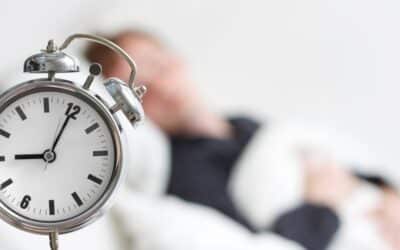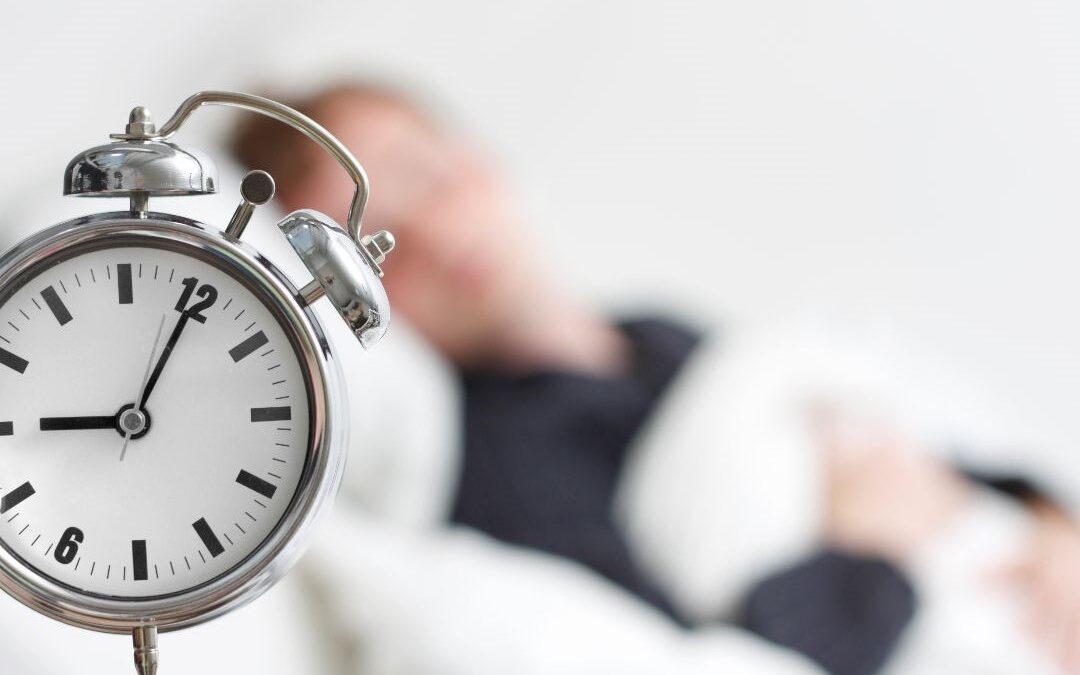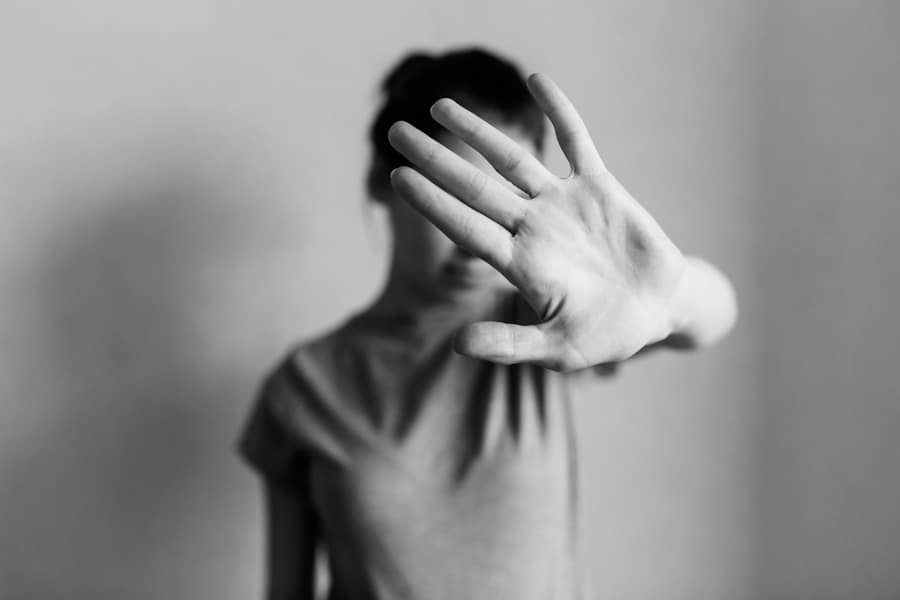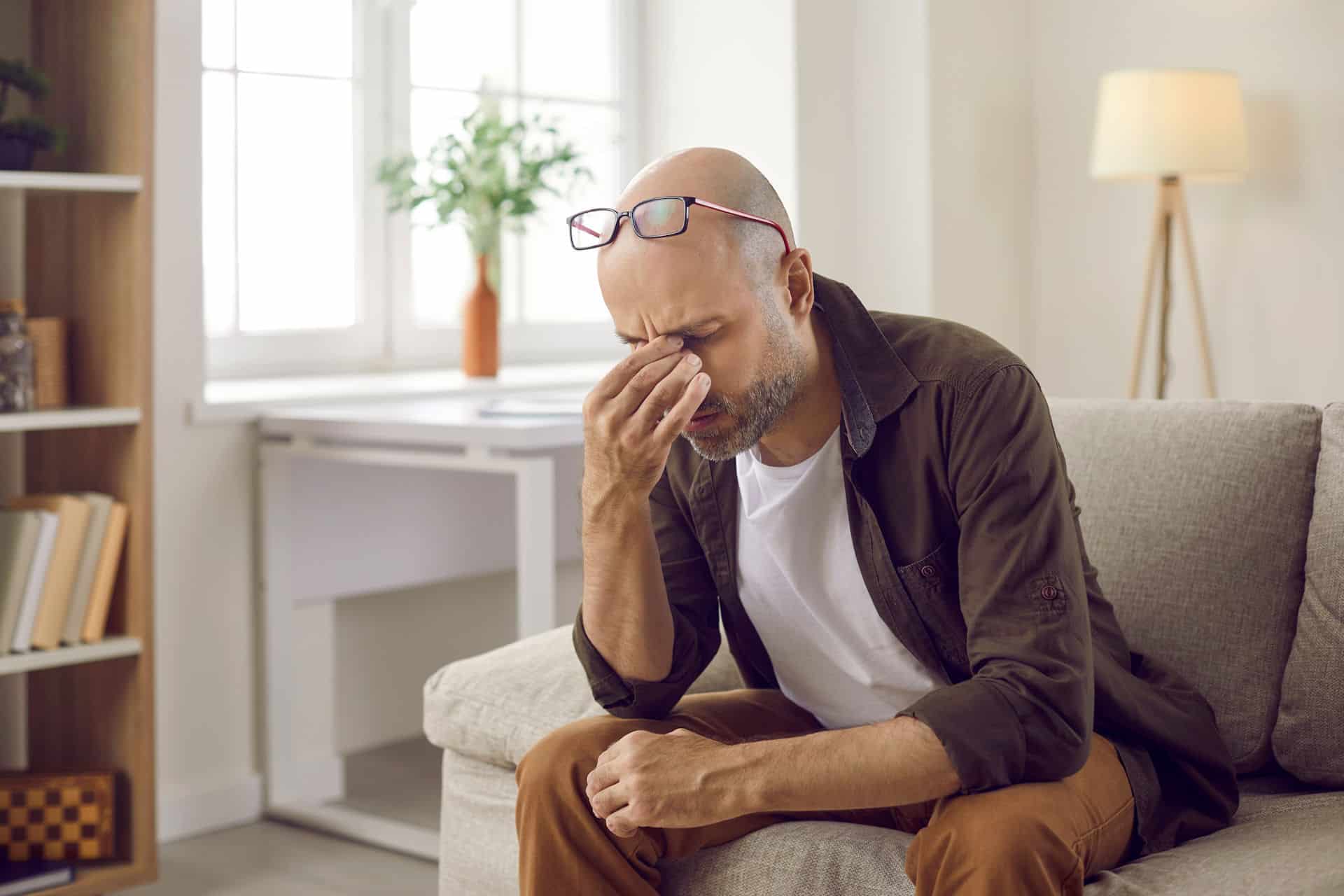Whether it’s World Mental Health Day or not, dual diagnosis treatment centers put their entire focus on treating all diagnosed mental health issues. Unlike addiction treatment centers, for example, which may focus more on addiction recovery. At a dual diagnosis treatment center, clients can be sure that the programs they’re in are comprehensive when it comes to forms of care and scope.
If you’re looking for addiction treatment programs and related services in Portland, Maine, contact Casco Bay Recovery. Reach out to our team online or call us at 844.956.3520.
The Importance of World Mental Health Day
Nearly half of those diagnosed with a substance use disorder also suffer from a co-occurring disorder. This occurrence is known as a dual diagnosis.
Clients with a dual diagnosis require an integrated treatment plan that can address both disorders as interconnected mental health issues. If clients don’t work on getting better as a whole, they will find it difficult to maintain their sobriety.
There are a few common mental health and behavioral disorders that repeatedly present themselves alongside addiction. Often, these disorders can be the underlying cause of clients developing addictions. Typical mental health disorders linked to substance abuse include the following:
- Bipolar disorder: About half of the people with bipolar disorder will also struggle with substance use disorders. It can be tempting for those with bipolar disorder to self-medicate and find temporary relief from manic episodes and emotional situations.
- Borderline personality disorder (BPD). Research shows that addiction and BPD often occur together. More than two-thirds of people with BPD have developed addictions at some point in their lives.
- Depression: One in every 10 adults in the U.S. struggle with depression, and most will try to self-medicate with substances like drugs or alcohol. Substance use only makes the problem worse, and the crash after the high can be too much to bear for those with a severe depressive condition.
- Generalized anxiety disorder (GAD): This disorder is the most common mental condition in the U.S., as it affects almost one-fifth of the adult population. Clients who struggle with GAD may be more likely to abuse substances – such as benzodiazepines – to manage their mental health symptoms.
- Obsessive-compulsive disorder (OCD): Individuals with OCD often struggle with anxiety and depression as a result of their involuntary behavior, which can then lead to self-medication through substance use.
- Post-traumatic stress disorder (PTSD): Those with PTSD have brains that produce fewer endorphins than a mentally healthy brain, making them more likely to turn toward substance use to feel happy.
What to Expect in Dual Diagnosis Treatment Centers
In the case of a dual diagnosis that involves addiction, the structured environment of an inpatient rehab center may be the best option. Going to a dual diagnosis treatment center for inpatient rehab is ideal because of the high level of expert attention and specialized care that clients will typically receive. Not only will clients have access to medication-assisted treatment (MAT) for possible substance withdrawal discomfort but they will also have access to professional mental health care.
However, if a client’s co-occurring disorders don’t involve addiction and they have no other health issues that need special attention – such as pregnancy – admittance into a regular mental health treatment center could be ideal for them. When deciding on a mental health treatment center, it’s important to choose one that specializes in at least one of your or your loved one’s co-occurring disorders. Doing so will ensure the greatest potential for a full recovery.
Learn About Casco Bay Recovery’s Dual Diagnosis Treatment Center in Portland, Maine
Whether or not it’s World Mental Health Day, it’s always a good idea to find out more about your psychological state. Looking for a mental health treatment center for professional help in getting a dual diagnosis? Contact Casco Bay Recovery. Reach out to us online or call us at 844.956.3520.








